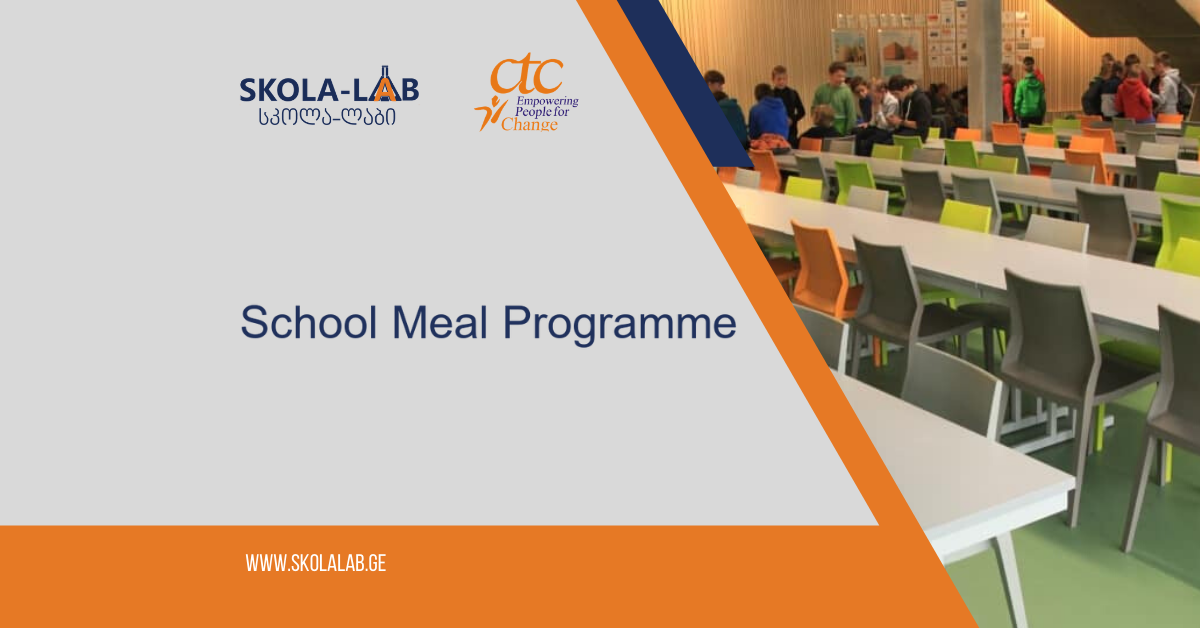
School Meal Programme (SMP) in Georgia
(Preliminary study)
The project is implemented in close cooperation and coordination with UNICEF and with the financial support of Bread for the World (BfdW)
Recent studies implemented in Georgia indicate that: School-age children experience malnutrition problems (Oxfam, 2016); 35% of grade 4 students indicated that they feel hungry at school; Those feeling hungry during school hours show significantly lower results in the achievement tests, especially in rural areas of Georgia (PIRLS, 2016). The follow-up qualitative study to PIRLS 2016 cycle showed that school-age children often skip breakfast, have irregular meals and consume sugar-sweetened beverages (NAEC, 2019).
Developing guidelines and standards for school meal programmes (SMP) is an important priority of the Ministry of Education, Science, Culture and Sport of Georgia.
There is a common agreement among experts and policy makers that the state intervention packages (meal programs offered to schools) should be tailored in accordance to specific local contexts of school communities (MacDonald, 2019).
Goals and tasks
The goal of this study is to explore the effect of contextual factors on planning and implementation of School meal programs.
In particular, the study is built around two main questions:
- How Georgian public schools can be clustered by the main contextual factors which are paramount for SMP management; and
- How these factors can be taken into consideration while planning, monitoring and implementing SMP.
Research-related news and results will be gradually available on school-lab website.

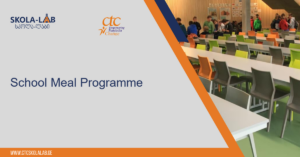



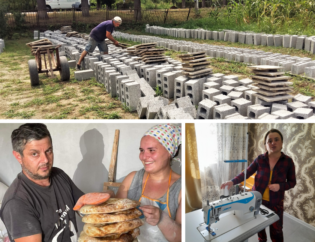




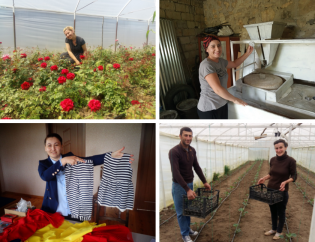
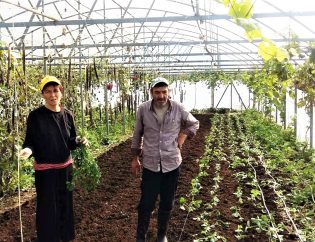
You must be logged in to post a comment.